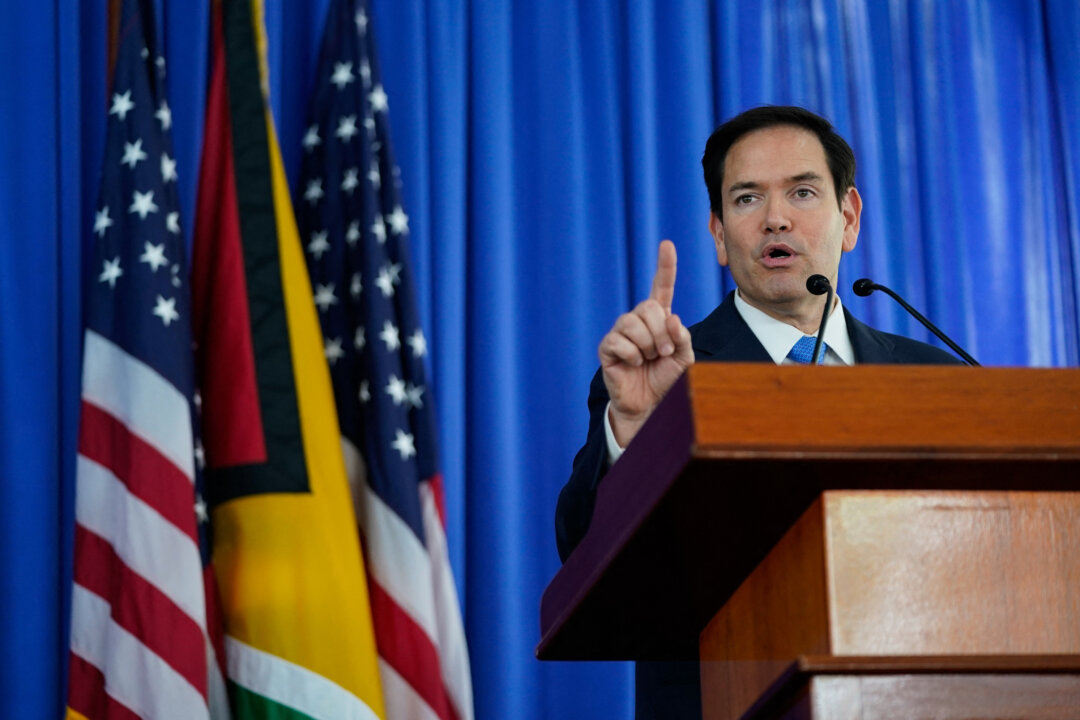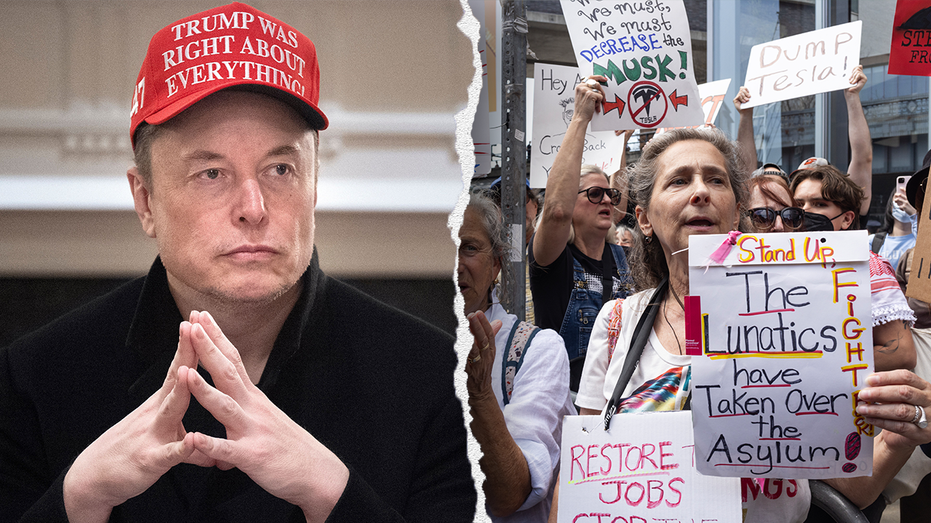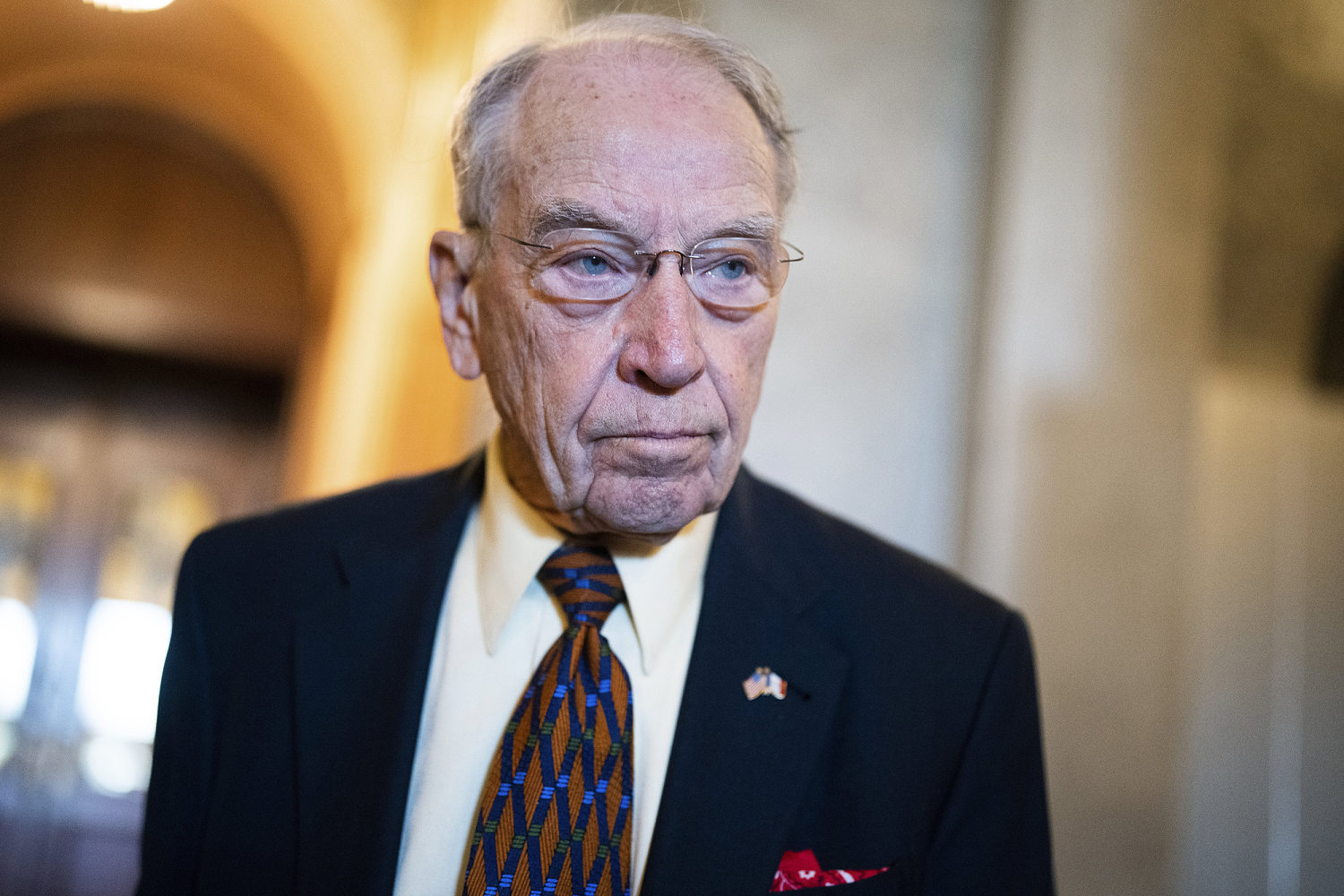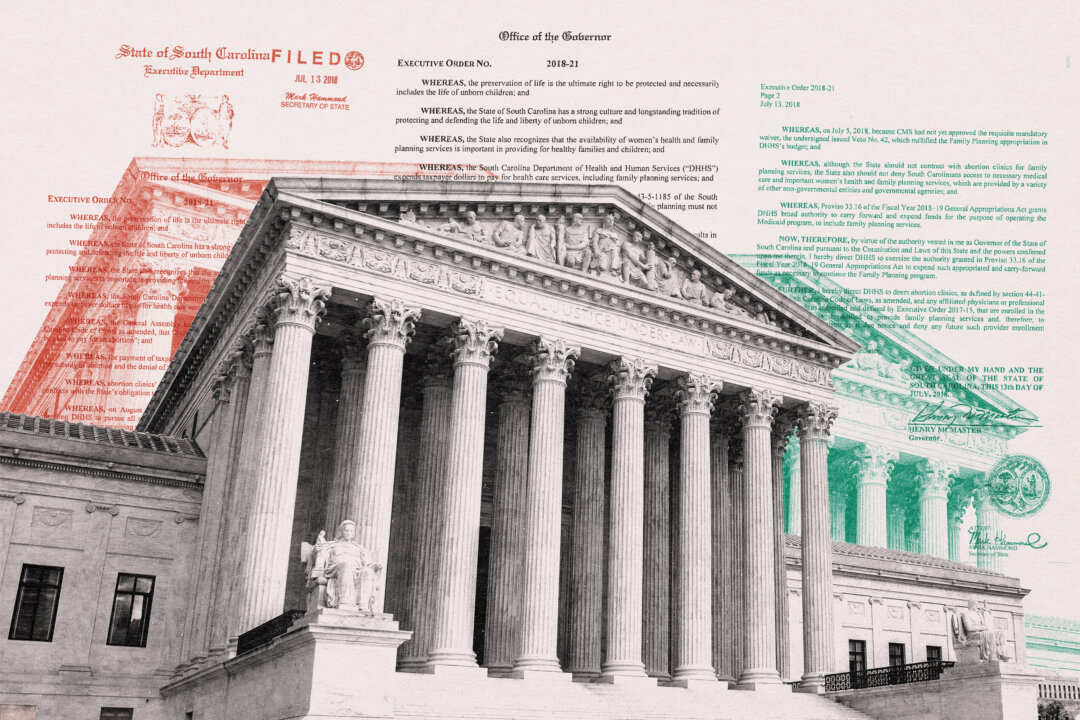As President Donald Trump announced historically high tariffs across the world this week, I expected a number of affected governments to rapidly and collectively fight back.
Instead, with the exception of China and a few scattered reprisals from allies, we’re seeing mainly cautious reactions. Foreign officials are talking about “calibrated” responses and keeping a “cool head.” Some are clearly hoping diplomacy will persuade Trump to back off some or many of his tariffs.
In conversations with diplomats, economists and former U.S. officials, I asked why. Weren’t they concerned this muddled, cautious global reaction would be too weak to persuade Trump to change course, or even embolden him to get tougher?
But these experts argued that there are compelling reasons many governments are not acting fast or in unison — not the least of which is that the world’s countries are not good at collective action, and many believe they have a better shot at accomplishing more, for themselves at least, if they avoid escalating the fight with Trump.
Besides, it’s not at all clear if any moves by other countries will deter Trump’s tariff mania.
Trump has been a proponent of tariffs for many years, a product of his long-held belief that America’s trade deficits mean that other countries are ripping off the United States, even if that’s not how trade deficits work. Countries had months to prepare for Trump’s tariffs, including devising their own menus of retaliatory actions.
But Trump, in his second term, seems to have a much bigger goal than he did in the past: a complete restructuring of the U.S. economy.
It appears to be a legacy issue for him, and, from what we’ve seen so far, he doesn’t care as much as he did before about stocks sliding. Trump has even said Americans should expect short-term discomfort, indicating there could be a recession, while also saying that in the long-term he will be proven to have done the right thing.
The bottom line is that when it comes to Trump today, “We don’t know what the pain threshold is,” said Brian Gardner, chief Washington policy strategist for investment banking firm Stifel Financial. Whatever it is, it’s “significantly higher than people had previously estimated.”
The U.S. economy also is big and diverse, with the ability to absorb significant shocks — meaning the pain could take a while to feel.
But what if the infliction of pain comes from a coalition of countries — governments banding together to strategically hit the U.S. economy? Would that make Trump think twice?
It’s a nice theory, but not very realistic, I was told. Governments simply don't easily come together to unite in action, even when they are faced with a common threat.
Each government has its own national interest and doesn’t trust others won’t stab them in the back, said one foreign diplomat, who likened it to the classic “prisoner’s dilemma.” Remember how little global solidarity there was during the early days of the Covid-19 pandemic as countries raced to secure medical supplies?
The European Union is a long-established exception on the trade front, obviously, and it is preparing at least two sets of retaliatory tariffs, though it’s spacing them out, reportedly in hopes of negotiations. But other groupings have yet to emerge to take on Trump’s tariffs.
There were reports that China may coordinate its tariff response with Japan and South Korea, but few people took the idea seriously given those three countries’ contentious histories with one another. (One economist told me they “giggled” at those headlines.) And on Friday, China retaliatedunilaterally against the U.S. with 34 percent across-the-board tariffs.
Many countries are still trying to sift through the details of Trump’s announced tariffs, but they have come to accept that he is going to tariff the world somehow. So they’re also looking for ways to negotiate a better deal than others.
“I can’t be the last one to reach a deal with Trump, because if I’m the last one, then I'm the one who's going to get screwed,” the foreign diplomat said. Like others, the diplomat was granted anonymity to be candid about a sensitive issue. “If I’m the first one to reach the deal, then it might be the most advantageous possible thing, and compared to other countries, I’ll be better off. And so my trade will suffer relatively less.”
One former Trump administration official told me the sense that he’s getting from some foreign officials is relief that the tariffs were milder than they’d expected even though they were still crazy high. (Having covered Trump for a decade, I’ve learned to accept that two contradictory things can be true at the same time.)
Affected countries “think they can, basically, over the next couple months, quietly negotiate. They’ll make a couple of concessions, maybe on trade, maybe on defense, maybe on other things, and things will get adjusted,” the former official said.
Canada and Mexico are interesting — and important — cases to watch as various countries mull their options.
Trump already has placed some tariffs on Canada and Mexico, two of America’s top trading partners. But the countries don’t face new duties from the sweeping regime he laid out this week, although they could at a future date. Because of the USMCA trade deal, they’ve also managed to get many exceptions to the tariffs.
For Canada and Mexico to team up with others for retaliatory measures now is risky because Trump could choose to escalate further against them. Instead, the better option might be to negotiate more exemptions over time and wait Trump out.
Prime Minister Mark Carney has said Canada will impose “carefully calibrated and targeted counter tariffs.” The country already has introduced 25 percent tariffs on U.S. autos to counter a previously announced set of Trump tariffs that took effect this week. (Mexico has yet to make any major retaliatory moves.)
The U.S. also has leverage over many countries in areas well-beyond trade, and Trump isn’t afraid to blur the lines — not even with a NATO ally such as Canada. He’s not above threatening to walk away from, for instance, security cooperation over what might seem like a wholly unrelated trade dispute.
There are reasons China is acting like an exception so far. It’s a major trading partner, but unlike Mexico and Canada, it’s also a top rival in the national security realm. Beijing knows it holds many cards, which could be why it’s going ahead with retaliatory tariffs.
But the Trump administration has warned other countries not to escalate, and Trump’s immediate reaction to those tariffs? “CHINA PLAYED IT WRONG, THEY PANICKED — THE ONE THING THEY CANNOT AFFORD TO DO!” he wrote on social media.
Trump isn’t easily convinced by predictions that the sky will fall if he does something wild. That’s partly because all too often, the sky hasn’t fallen — at least not entirely.
When he imposed immigration and travel restrictions during his first term, few, if any, countries carried out serious reciprocal moves against American travelers. His recognition of Jerusalem as Israel’s capital didn’t set the Middle East on fire. His decision to abandon the Iran nuclear deal did not prompt Tehran to immediately build a bomb — though it sure is a lot closer than it used to be.
All of these and other decisions have had costs, of course, including a loss of trust between the U.S. and its partners. And the fallout from such moves sometimes is not clear until years later. But the lesson Trump seems to have learned is that he can get away with testing, even trashing, the system.
As countries debate how to respond, the pain threshold that might matter most is not Trump’s but that of his fellow Republicans, especially those in Congress who have the ability to stop and reverse these tariffs. At what point will they feel enough pressure from their voters, with their dwindling savings, to move against the president?
Even if that day comes sooner than expected, one thing is for certain: One of the biggest costs of Trump’s trade war is the trust of other countries in America as a stable, reliable pillar of global trade.
.png)















 English (US)
English (US)